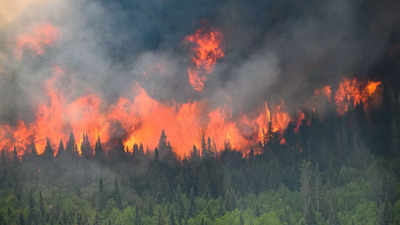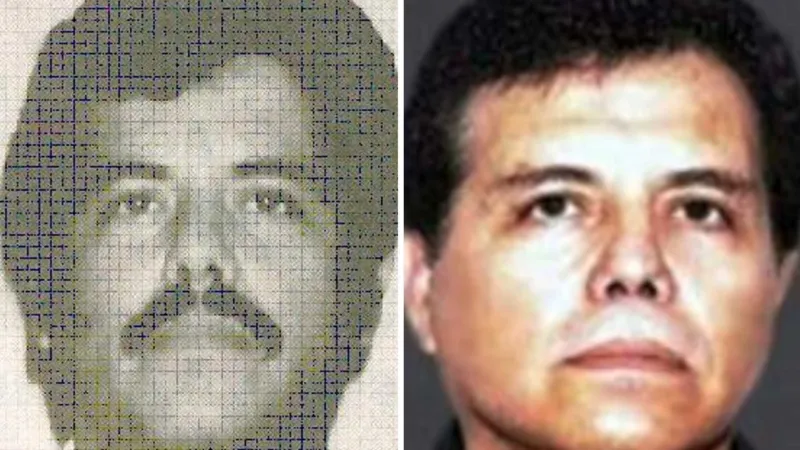Iranian President Ebrahim Raisi dies at 63 in helicopter crash

Iranian President Ebrahim Raisi, a hard-line protege of the country’s supreme leader, who was deeply involved in the mass executions of thousands in 1988 and later oversaw Iran’s uranium enrichment efforts to near weapons-grade levels, has passed away at the age of 63. Raisi’s death occurred alongside the foreign minister and other officials in a helicopter crash in northwestern Iran on Sunday, amid internal dissent and strained international relations.
Initially a cleric, Raisi’s ascension to power came through a carefully orchestrated election process led by Supreme Leader Ayatollah Ali Khamenei, aimed at eliminating significant opposition candidates. His presidency coincided with heightened tensions between Tehran and Washington following the U.S.’s withdrawal from the nuclear deal in 2018.
While expressing a desire to reengage with the international community through the nuclear deal, Raisi’s administration resisted international inspections of nuclear facilities, citing alleged sabotage campaigns orchestrated by Israel. The stalemate in negotiations persisted during his tenure.
Raisi’s presidency also faced domestic challenges, including widespread protests triggered by the death of Mahsa Amini, a woman detained over her attire. The ensuing security crackdown resulted in numerous casualties and detentions. In addition, Iran’s involvement in conflicts, such as the Israel-Hamas war, further strained regional tensions.
Born into a family with lineage tracing back to Islam’s Prophet Muhammad, Raisi began his religious education in Mashhad and later rose to prominence within Iran’s judiciary and charitable foundations. His involvement in the “death commissions” following the Iran-Iraq War drew international scrutiny, with rights groups estimating thousands of executions.
Despite controversy surrounding his human rights record, Raisi’s political ascent continued, leading to his appointment as head of Iran’s judiciary and later, his election as president in 2021. His presidency marked a shift towards hardline policies and increased authoritarianism.
Raisi’s passing raises questions about Iran’s future leadership and its trajectory on both domestic and international fronts. He is survived by his wife and two daughters.




